Legal and licensing are crucial aspects of starting and running a business. Here’s a detailed guide:
Choose a Legal Structure
The legal structure of your business affects taxation, liability, and registration requirements. Common types include:
- Sole Proprietorship: Simple setup, but personal liability for debts.
- Partnership: Shared ownership with personal liability for partners.
- Limited Liability Company (LLC): Combines the benefits of a corporation and partnership.
- Corporation: Offers limited liability but requires more regulations and taxation.

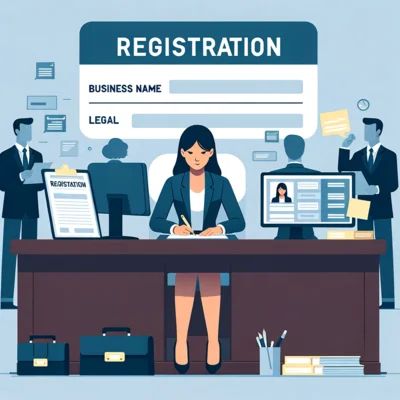
Register Your Business Name
- DBA (“Doing Business As”): If operating under a name different from the legal name, register a DBA.
- Unique Name: Ensure your business name is not already in use.
- Trademark: Protect your name/logo by registering a trademark.

Obtain Licenses and Permits
Licensing requirements vary based on location, industry, and business type.
- General Business License: Required for most businesses to operate legally.
- Special Permits: Based on industry, e.g., health permits for food businesses or alcohol licenses for bars.
- Home-Based Business Permits: If operating from home, check zoning laws.
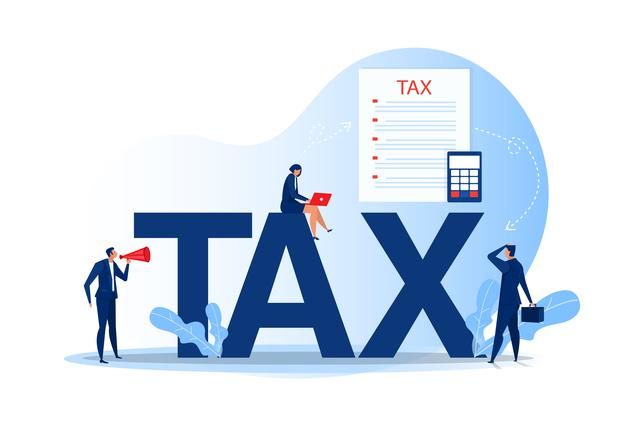
Tax Registration
- EIN (Employer Identification Number): Obtain from the tax authority (e.g., IRS in the U.S.) for tax filing and hiring employees.
- State/Local Taxes: Register for sales tax, franchise tax, or other state-specific taxes.
Industry Regulations
- Professional Licensing: Professions like real estate, healthcare, or law require specific licenses.
- Product Approvals: For food, cosmetics, or pharmaceuticals, approvals from bodies like the FDA may be needed.
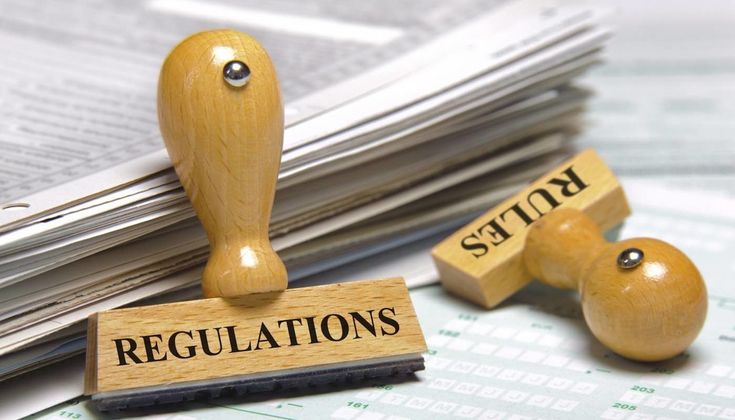
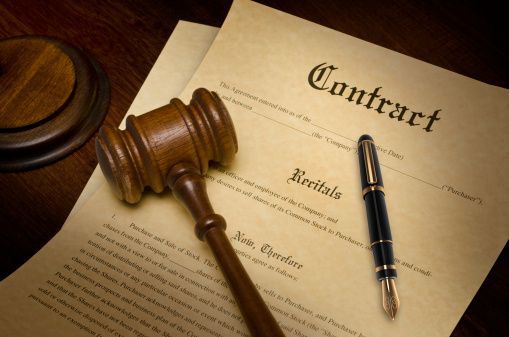
Contracts and Agreements
- Draft contracts to outline terms with partners, vendors, and clients.
- Use legal agreements for employees and independent contractors.
Business Insurance
Protect your business from potential risks:
- General Liability Insurance: Covers accidents and damages.
- Professional Liability Insurance: For service businesses to cover errors or negligence.
- Property Insurance: Protects physical assets like offices or inventory.
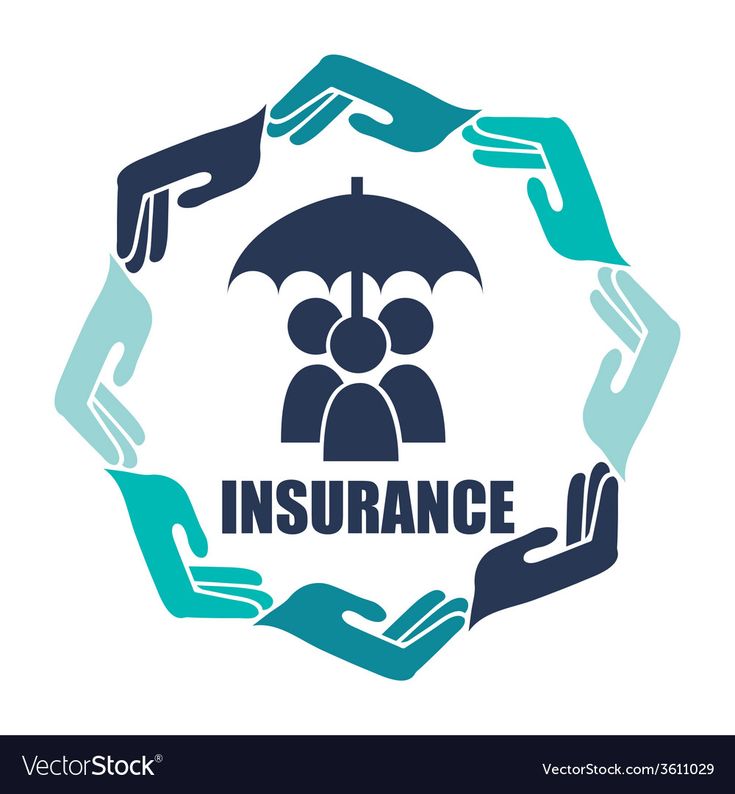
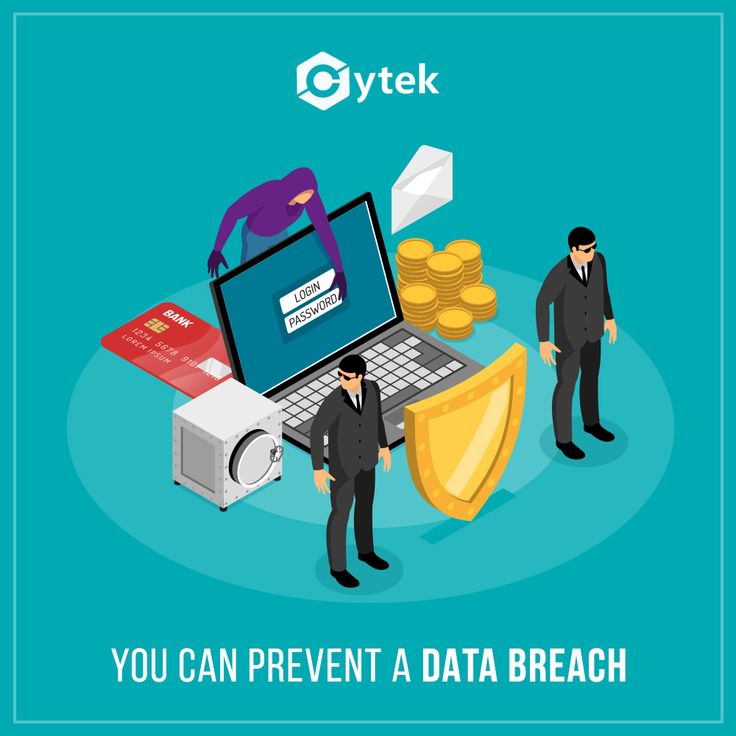
Data Protection and Compliance
- Adhere to data protection laws (e.g., GDPR in Europe, CCPA in California).
- Establish policies for secure handling of customer data.
Intellectual Property Protection
- Patents: Protect unique inventions or designs.
- Copyrights: Safeguard creative works like content, music, or software.

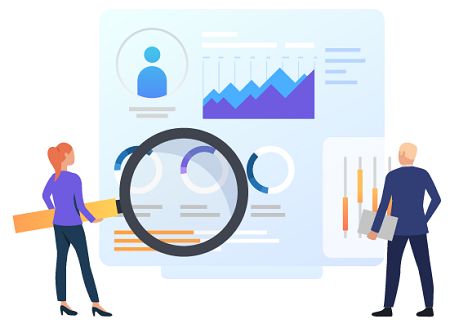
Ongoing Compliance
- File annual reports with regulatory authorities as required.
- Renew licenses or permits before expiration.
- Maintain proper accounting and tax records.
International Considerations (If Applicable)
- Check regulations for importing/exporting goods.
- Comply with laws of countries where you plan to do business.

Subscribe to our newsletter!






